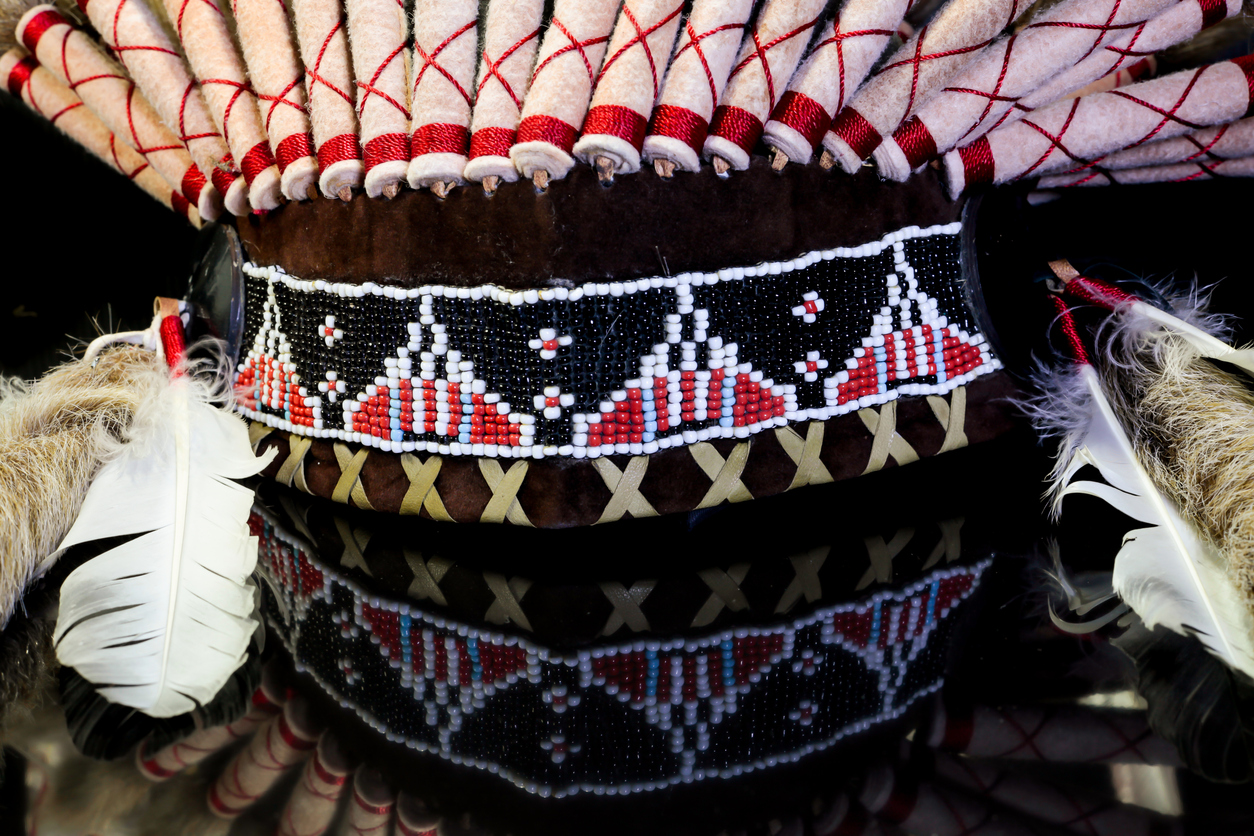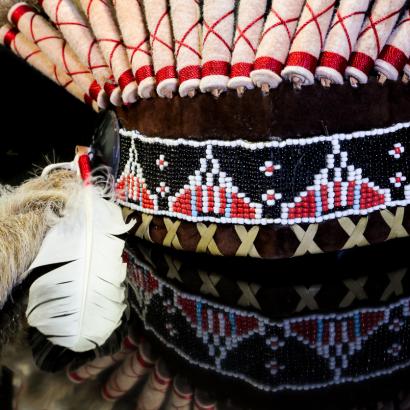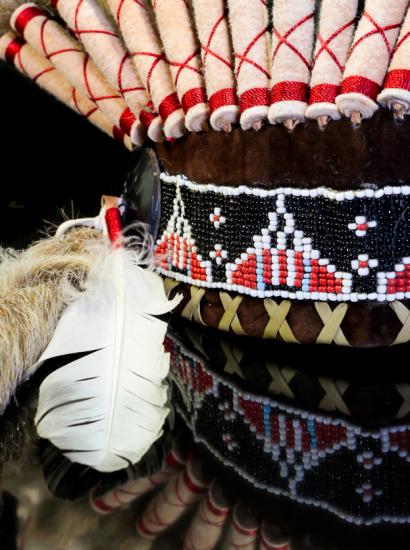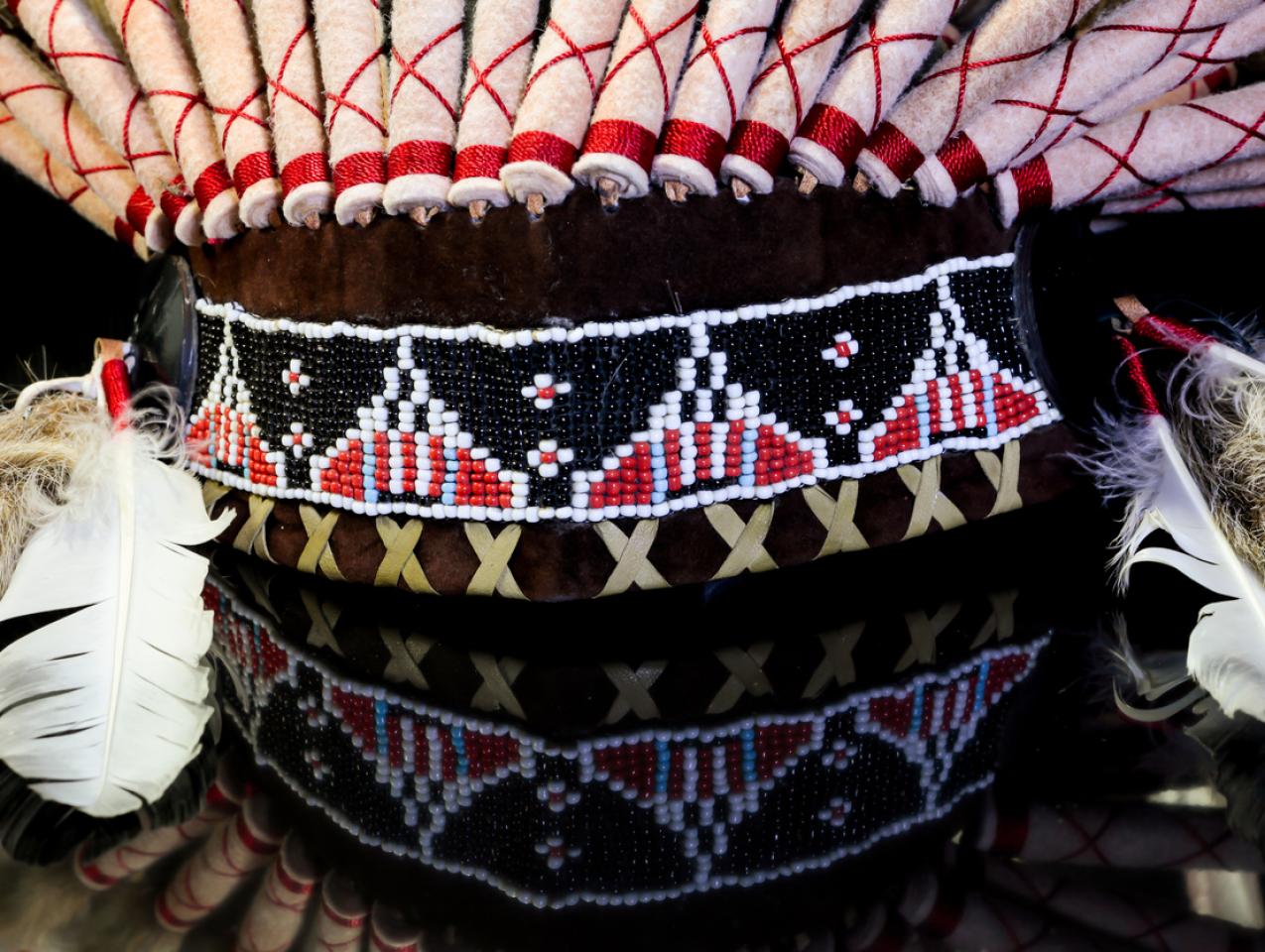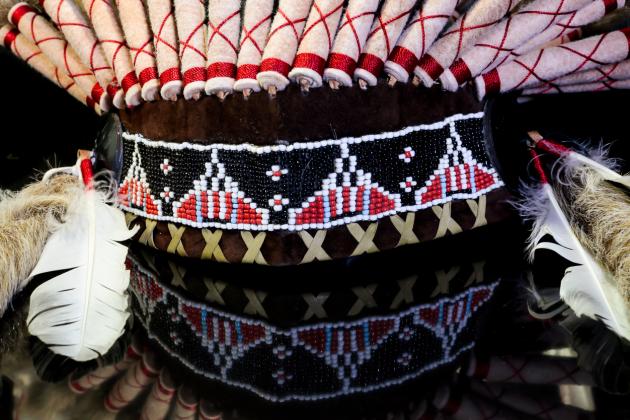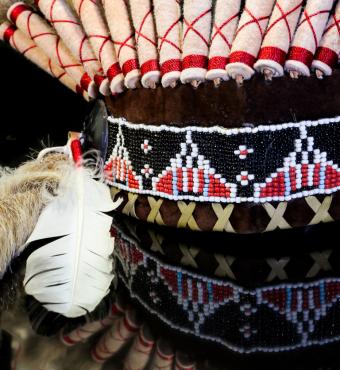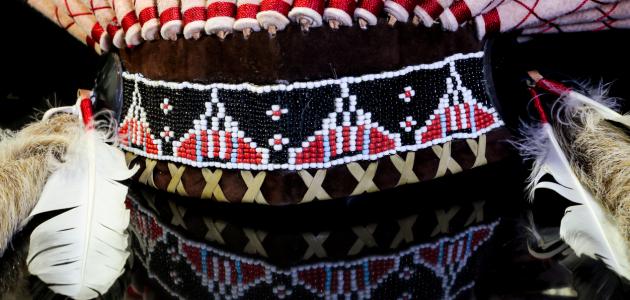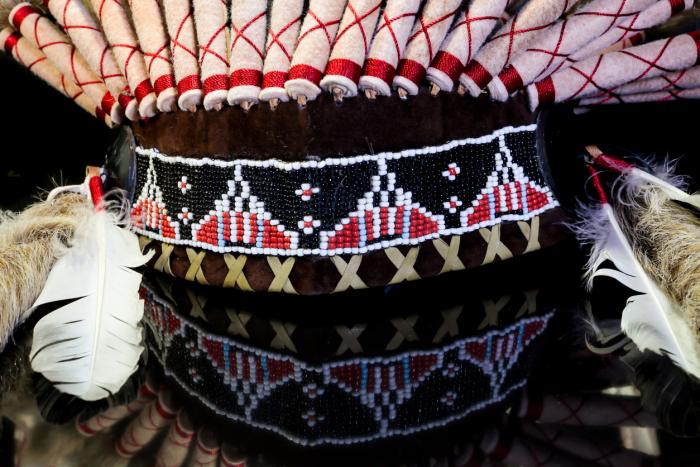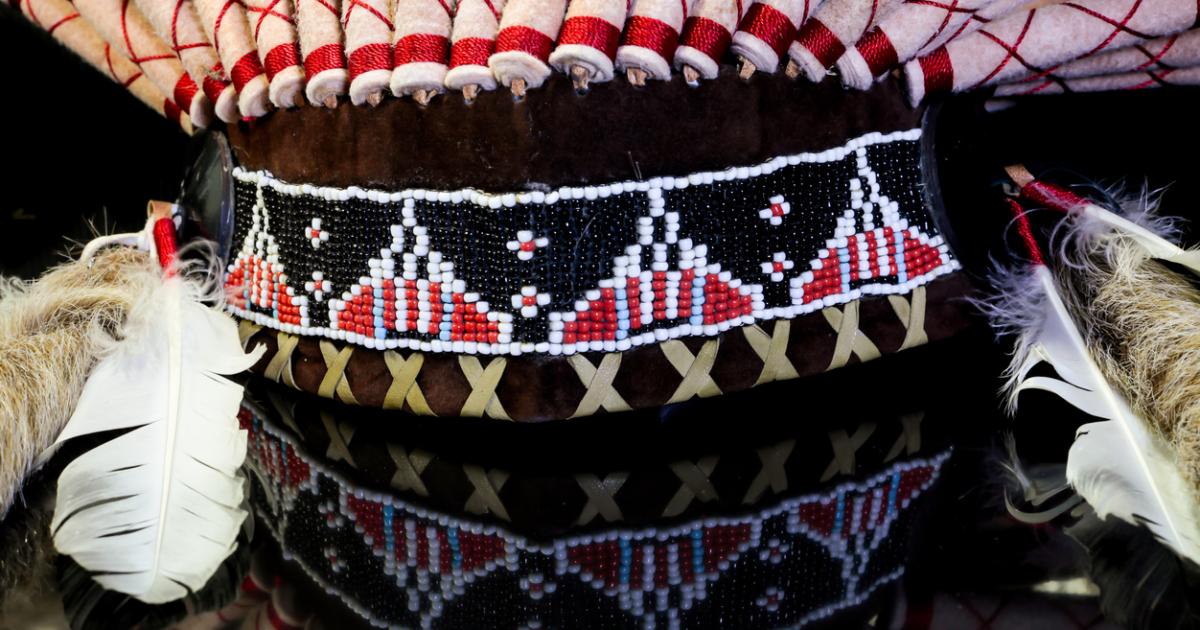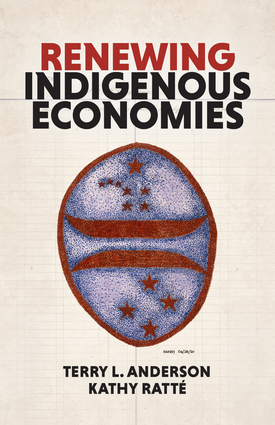
T H E R I E R E P O R T | S P R I N G 2 0 2 3
A Message from the Renewing Indigenous Economies Project Team
As the Hoover Project on Renewing Indigenous Economies continues to expand its programs and network, it is important to keep people informed of our activities. This report will provide readers with periodic updates on the project’s activities and contributors. We will cover past and future events, provide reading recommendations, and feature people who are contributing to the project’s goal of helping tribal nations renew their economies. Our goal is to keep you informed and engaged.
Please stay in touch and give input for future newsletters by contacting our team at indigenousecon@stanford.edu.
U P C O M I N G E V E N T S
Applications for the 2023 Indigenous Student Seminar are open! The seminar will take place the week of August 7–11 at the Stanford University campus. It will build on the success of the 2022 gathering, which brought students from the US, Canada, New Zealand, and Australia together to learn about policies, initiatives, and opportunities integral to renewing Indigenous economies. Surrounded by the future leaders of Indigenous communities from around the world, one student summarized their experience by saying, “I know I was where I belonged, and my mind and heart are filled with hopeful ideas of what the future holds.”
Click here to learn more and apply for the 2023 seminar. Please contact the RIE team at indigenousecon@stanford.edu with any questions.
R E C E N T E V E N T S
Workshop for DC Policy Makers
The project hosted its first event for DC policy makers on January 11, 2023, at the Hoover Institution office in Washington DC. The event featured a panel discussion with the project directors as well as Daniel Stewart (Spokane Tribe and Gonzaga University), Richard Monette (Turtle Mountain Band of the Chippewa Tribe and University of Wisconsin), and Terry Brockie (Gros Ventre Tribe in Montana). The panel discussed data and stories of how Native Americans have achieved prosperity without abandoning rich cultural traditions, and how tribal and federal policies have aided or prevented progress. Click here to learn more.
Workshop on Indigenous Culture and Ecology
The project hosted a workshop on “Territory, Culture, and Indigenous Ecology” at the Hoover Institution on May 12–14, 2022. Twenty-one scholars and tribal leaders from various universities and Indigenous nations participated. They discussed seven research papers and engaged in a “fireside chat” with Jonathan Lear, a philosopher from the University of Chicago, and Nina Sanders, citizen of Apsáalooke Nation and curator of the traveling exhibition Apsáalooke Women and Warriors. The participants represented a wide range of disciplines, including economics, anthropology, art, biology, history, law, philosophy, and political science. One attendee called it “an interdisciplinary oasis,” and it left another participant with “greater clarity on how economics can account for cultural values.” Click here to learn more.
Discussion with Terry L. Anderson and Joseph Austin
The project co-sponsored the fifth annual “All Roads Lead to Chaco Canyon” conference on the Navajo Reservation on March 23, 2023. Project codirector Terry L. Anderson engaged in a “fireside chat” with Joseph Austin, a Navajo leader and founder of the annual event. The title refers to the vibrant trading culture that upheld tribal economies and brought together tribes from all parts of the Americas to exchange ideas and goods at Chaco Canyon. Terry Anderson’s chat will focus on the themes in his book, cowritten with Kathy Ratté, Renewing Indigenous Economies. Click here for more information on the event.
R E A D I N G R E C O M M E N D A T I O N S

Renewing Indigenous Economies
This book, written by Terry L. Anderson, project codirector, and Kathy Ratté, economic education consultant for the project, creates a learning opportunity to engage with the central ideas that support and define the mission of the Renewing Indigenous Economies Project (Hoover Institution Press, 2022). It summarizes how and why traditional Indigenous economies thrived, how they have been thwarted by colonial institutions imposed by the federal government, and how economic renewal can reinforce the preservation and strengthening of cultural heritage through exercises of tribal sovereignty. To learn more, please click here.
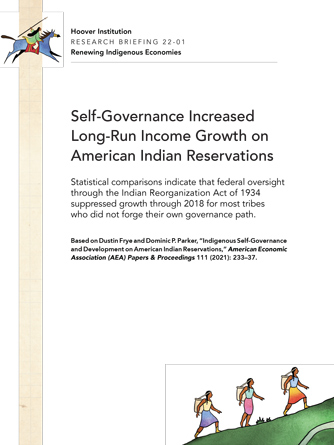
Research Briefings
In Fall 2022 the project launched a new Research Briefings Series on Renewing Indigenous Economies. The briefings summarize recently published articles, making them accessible to a broad audience.
Here we highlight the first issue, Briefing 22-01, which summarizes research by economist Dustin Frye, a Campbell Visiting Fellow at the Hoover Institution and member of the Northern Cheyenne Tribe, and Dominic Parker. The findings in their paper, “Self-Governance Increased Long-Run Income Growth on American Indian Reservations,” dispel the notion that federal oversight is needed to improve economies in Indian Country. On the contrary, the majority of tribes who opted into federal oversight through the 1934 Indian Reorganization Act have not fared as well economically since when compared with tribes who forged their own governance structures. Click here for access to the Briefing.
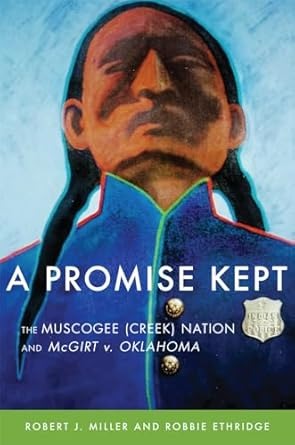
New Book: A Promise Kept: Muscogee (Creek) and McGirt v. Oklahoma, by Robert Miller
Professor Miller, a frequent participant in RIE Project events, eloquently brings to life the quote from US Supreme Court justice Neil Gorsuch in McGirt v. Oklahoma (2020), that “at the end of the Trail of Tears there was a promise.”
The promise to which Justice Gorsuch referred was a treaty between the United States and the Muscogee (Creek) Nation 150 years ago, guaranteeing the tribe control of 3.25 million acres in Oklahoma. Combining legal analysis and historical context, this book gives an in-depth, accessible account of how the case unfolded and what it might mean for Oklahomans, the Muscogee (Creek) Nation, and other tribes throughout the United States. Click here to learn more about Miller’s new book, cowritten with Robbie Ethridge.







